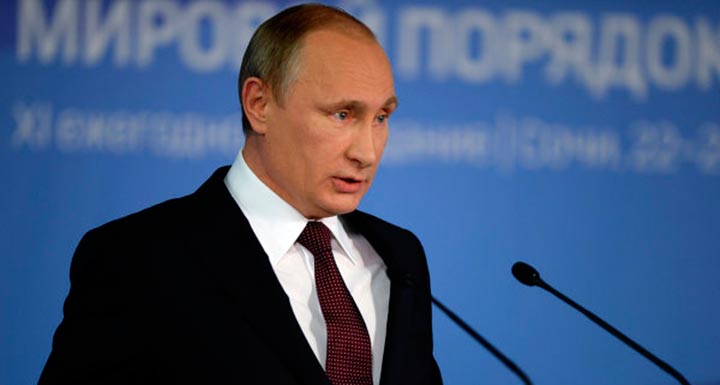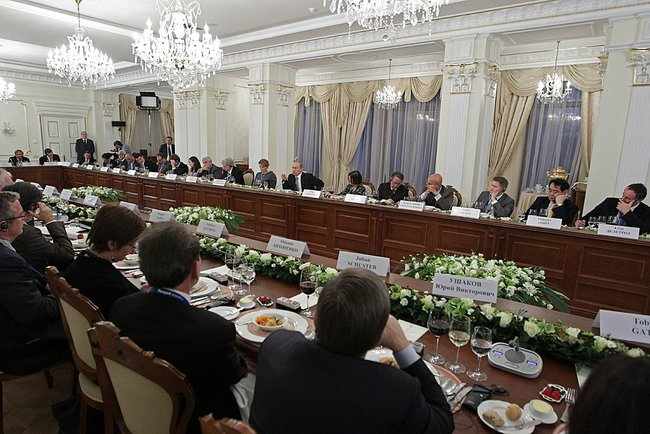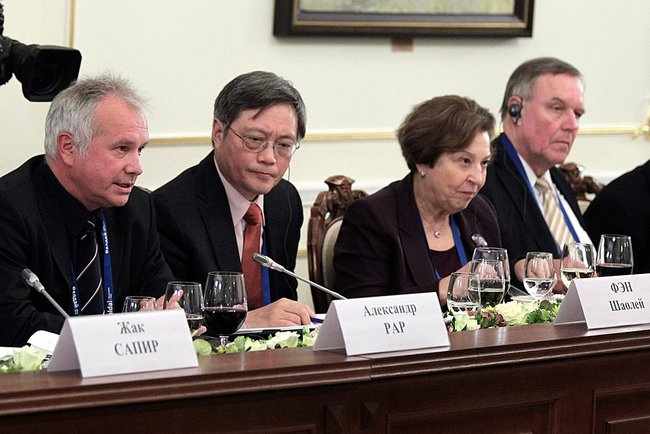
A speech for the ages
Some speeches synthesize an era. The one delivered by Winston Churchill in March 1946 is one such speech. In it, he popularized the expression “Iron Curtain” to characterize Soviet policy in Europe and with it he marked the beginning of the Cold War.
Earlier, in April 1917, a brief speech by Lenin upon arrival at Finland Station in Petrograd from his exile in Switzerland revealed, to the surprise of his enthusiastic audience, that humanity was giving birth to a new historic stage, a forecast that was confirmed in October with the triumph of the Russian Revolution.
 In our America, a similar role was played by “History will absolve me,” the renowned argument with which young Fidel Castro defended himself in 1953 from the accusations of Cuban dictator Fulgencio Batista over the raid on the Moncada Barracks.
In our America, a similar role was played by “History will absolve me,” the renowned argument with which young Fidel Castro defended himself in 1953 from the accusations of Cuban dictator Fulgencio Batista over the raid on the Moncada Barracks.
Along these lines, we’d have to add the speech delivered by Vladimir Putin on Oct. 24, 2014, in the framework of the 11th International Conference at Valdai, a meeting of politicians, experts and rulers who gather every year to discuss the problems in Russia and the world.
The three hours consumed by Putin’s speech and his broad exchange of opinions with some personalities in European politics — among them the former French Prime Minister Dominique de Villepin and the former Austrian Foreign Minister Wolfgang Schuessel — or some top-notch academicians, such as the great Keynes biographer, Robert Skidelsky, were conveniently ignored by the Western media.
Of course, speeches by the occupants of the White House, where they affirm that the United States is an “exceptional” or “indispensable” nation, have much better luck and get wide display in the media.
What did Putin say in his remarks? First, he bluntly ratified that the international system is going through a deep crisis, that collective security is in danger, and that we are headed toward global chaos. The political opponents burned alive in Kiev and the Islamic State minions beheading prisoners and displaying their heads on the Internet are two of the crisis’ most aberrant symptoms.
 Second, he gave a detailed analysis of the decadent itinerary from the post-war years to the end of the Cold War, the brief unipolarity of the United States, and the efforts to maintain the present international order via brute force or blackmail with economic sanctions.
Second, he gave a detailed analysis of the decadent itinerary from the post-war years to the end of the Cold War, the brief unipolarity of the United States, and the efforts to maintain the present international order via brute force or blackmail with economic sanctions.
It is an order (as described by the title of the Conference) that swings between the creation of new rules or the suicidal acceptance of a world without rules, where the United Nations system is declared obsolete by the West without proposing any alternatives.
The United Nations Charter and the decisions of the Security Council are violated, according to Putin, by the self-proclaimed leader of the free world with the complicity of its friends.
Third, Putin recalled that the transitions in the world order “as a general rule were accompanied not by a global war but by a chain of intense conflicts of a local nature.”
If there is something we can rescue from the post-war period, it is the willingness to reach agreements and avoid confrontations as far as possible. That attitude does not exist at present.
Fourth, by declaring themselves the Cold War victors, the U.S. leaders assumed that the entire old system was no longer necessary. They didn’t propose a “peace treaty” where agreements and compromises could be made between the victors and the vanquished, but behaved instead as a “nouveau riche” who, rising to world domination, acted with prepotency and imprudence, committing an endless list of blunders.
One plain example: Washington’s continuous support for numerous “freedom fighters” who in no time become “terrorists,” like the ones who on Sept. 11 brought horror to the United States or the ones who are today devastating Syria and Iraq.
To minimize such blunders, the White House had “the total control of the global means of communication [which] has allowed [the West] to pass of white as black and black as white.”
In his speech, Putin asks: “Could it be that the United States’ exceptionality, the way it exercises its leadership, is really a blessing to us all, and that its continuous interference in everyone else’s affairs is bringing peace, prosperity, progress, growth, democracy, allowing us to simply relax and enjoy ourselves? I daresay no.”
In sum, it is one of the most important speeches on the subject delivered by a chief of state for a long time now, because of its documented and bare-bones realism in the analysis of the world crisis.
Because of its valor in calling things by their right name and identifying the people who are principally responsible for the present situation: What country arms, funds and recruits the Islamic State mercenaries? What country buys the oil stolen from Iraq and Syria, thus contributing to fund the terrorism it claims to combat?
And because of the clear warnings Putin gave to those who think that they can bring Russia down with sanctions or military encirclements. One hundred years after the start of World War One and 25 years after the fall of the Berlin Wall, Putin threw down the gauntlet, proposed a debate and sketched a way out of the crisis.
Little more than a month has elapsed since his speech and the response of the dominant centers of the Empire and its commonwealth has been a total silence. That’s because they have neither words nor reasons — only guns.
(From the Argentine newspaper Pagina 12)

